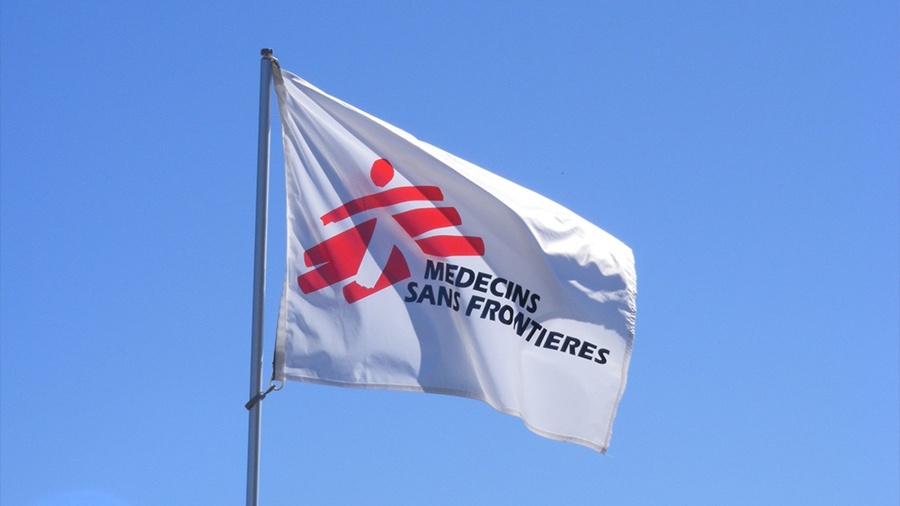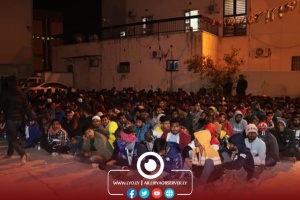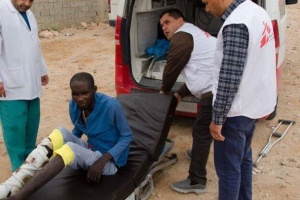The international medical humanitarian organization Médecins Sans Frontières/Doctors Without Borders (MSF) has announced it will end its medical activities in Tripoli, Libya, where it provides (since 2011) healthcare to immigrants, asylum seekers and refugees held in Detention Centres (DCs) and to those living in precarious conditions in urban settings.
The activities will come to an end as of Thursday (August 24), MSF said in a statement, while MSF’s support in Tripoli to the National program on Tuberculosis and at Abu-Setta Hospital for Respiratory Diseases, will cease at the end of 2023.
MSF said its decision to close its medical activities in Tripoli followed an extensive review of its humanitarian responses globally and a process of financial reprioritisation.
“We regret that we have had to take the difficult decision to end our medical activities in Tripoli, knowing that this will have an impact on people’s access to medical care. We have not taken this decision lightly." Said Djoen Besselink, MSF Operations Manager, in Amsterdam.
The closure of MSF's medical activities will end its assistance to people in Detention Centres in Tripoli, where since 2016 it has provided primary medical care including mental health support, referrals of life-threatening conditions to secondary healthcare facilities and the facilitation of access to protection services.
MSF indicated that the announcement was made against the backdrop of access issues that had affected its medical activities in Tripoli along with an increasingly challenging environment for international organisations in the country.
"MSF remains committed to providing free and quality health services in Libya. Our work continues in the regions of Misrata and Zuwara, where we provide primary health care, mental health counseling, and sexual and reproductive health care in public health facilities, detention centres, prisons, and urban settings." Besselink said.
MSF reiterated its commitment to continue providing medical care and humanitarian assistance in Libya, guided by universal medical ethics and the principles of neutrality, independence, and impartiality. It said it would continue search and rescue activities to assist asylum seekers, refugees and immigrants.




